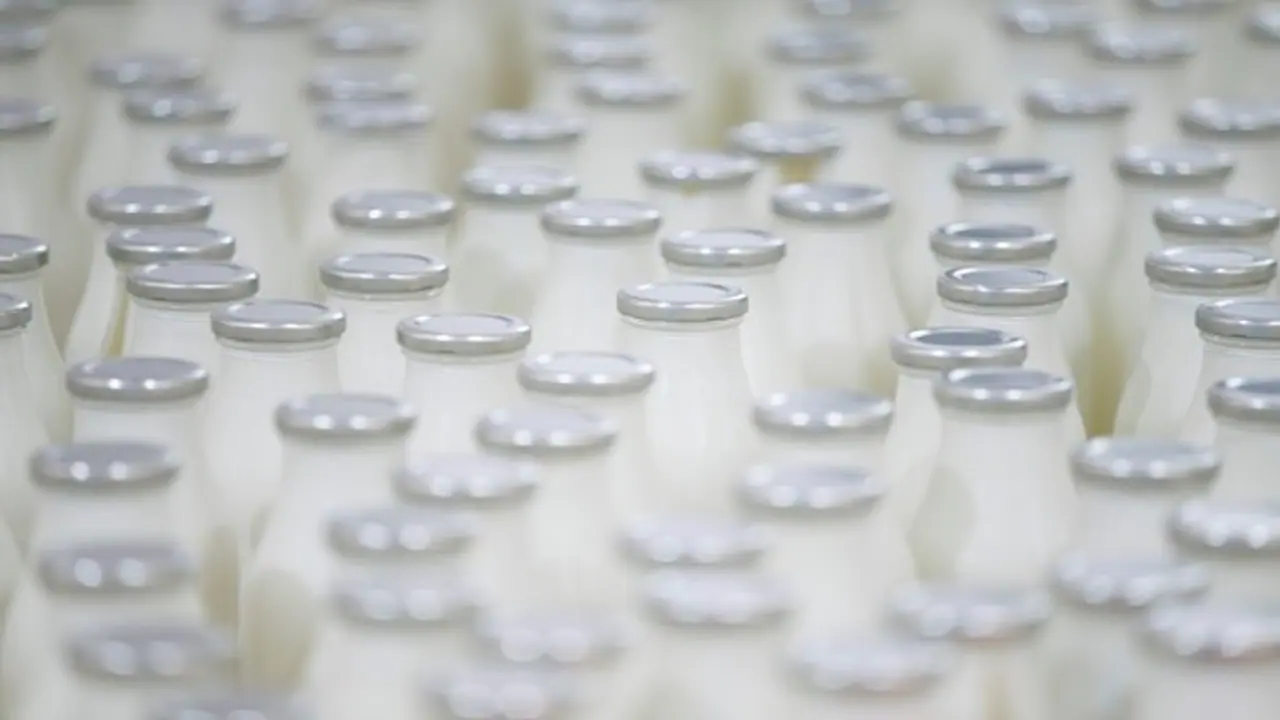Balanced diet, effective breed and manure management and precision dairy farming technologies could improve dairy productivity in India and reduce planet-warming greenhouse gas emissions from the sector, according to a new report.

Balanced diet, effective breed and manure management and precision dairy farming technologies could improve dairy productivity in India and reduce planet-warming greenhouse gas emissions from the sector, according to a new report. The report titled "India's Dairy Future: Aligning Livelihoods, Growth, and Climate Solutions" highlights the immense potential of innovative practices to enhance dairy productivity while curbing emissions that accelerate climate change.
Over the decades, India’s female bovine population has doubled, skyrocketing from 122.7 million in 1972 to 246.7 million in 2019. This dramatic growth has mirrored an equally steep rise in greenhouse gas emissions, primarily methane—a potent climate-warming gas. Alarmingly, projections estimate India’s livestock sector will contribute 15.7% of global enteric methane emissions by 2050, according to the report.
Despite being the world’s largest milk producer, India faces the challenge of low average milk yield per cow, which remains at just two-thirds of the global average. Compounding this issue is the toll climate change is taking on dairy productivity, with heat stress reducing milk output, impairing reproduction, and escalating disease risks among livestock.
Erratic weather patterns and water scarcity add to the woes of smallholder farmers, who produce 62% of the nation’s milk supply.
The report, jointly authored by the Confederation of Indian Industry's Food and Agriculture Centre of Excellence and the Environmental Defense Fund, underscores the necessity for systemic change. “Dairy farmers need support to adopt more climate-resilient practices that improve productivity and resilience,” it states.
A balanced diet for livestock, bolstered by initiatives like the National Dairy Development Board's Ration Balancing Programme, can improve milk yield and reduce emissions. Feeding practices such as silage feeding and the use of drought-tolerant crops like maize, sorghum, and millets provide sustainable alternatives, especially in water-scarce regions.
Cutting-edge solutions like hydroponics and climate-resilient forage crops—including Bajra and Napier grass—offer relief in areas prone to drought.
Effective breeding management through artificial insemination, supported by high-genetic-merit bulls, has also shown promise. However, challenges such as poor estrus detection and repeat breeding need to be addressed through improved animal health services, better cold chain infrastructure, and workforce training.
Manure management practices, including timely drying, composting, and biogas production, hold significant potential for methane reduction. Yet, gaps in awareness and cost concerns hinder widespread adoption.
Precision dairy farming technologies, such as automated milking systems and climate-resilient cattle sheds, promise efficiency but remain financially out of reach for smallholders. Cost-effective innovations could unlock their scalability and drive transformative change across the sector.
With over 300 million dairy cattle and buffaloes, India contributes a staggering 25% of the world’s milk supply and generates 5% of the country’s GDP. The sector is not only a cornerstone of India’s nutrition but also a lifeline for millions of smallholder farmers.
The report emphasizes the urgency of adopting climate-smart strategies to ensure the sustainability of India’s dairy industry. “Good animal husbandry practices, coupled with robust veterinary services and region-specific solutions, are key to transforming the sector,” it concludes.
